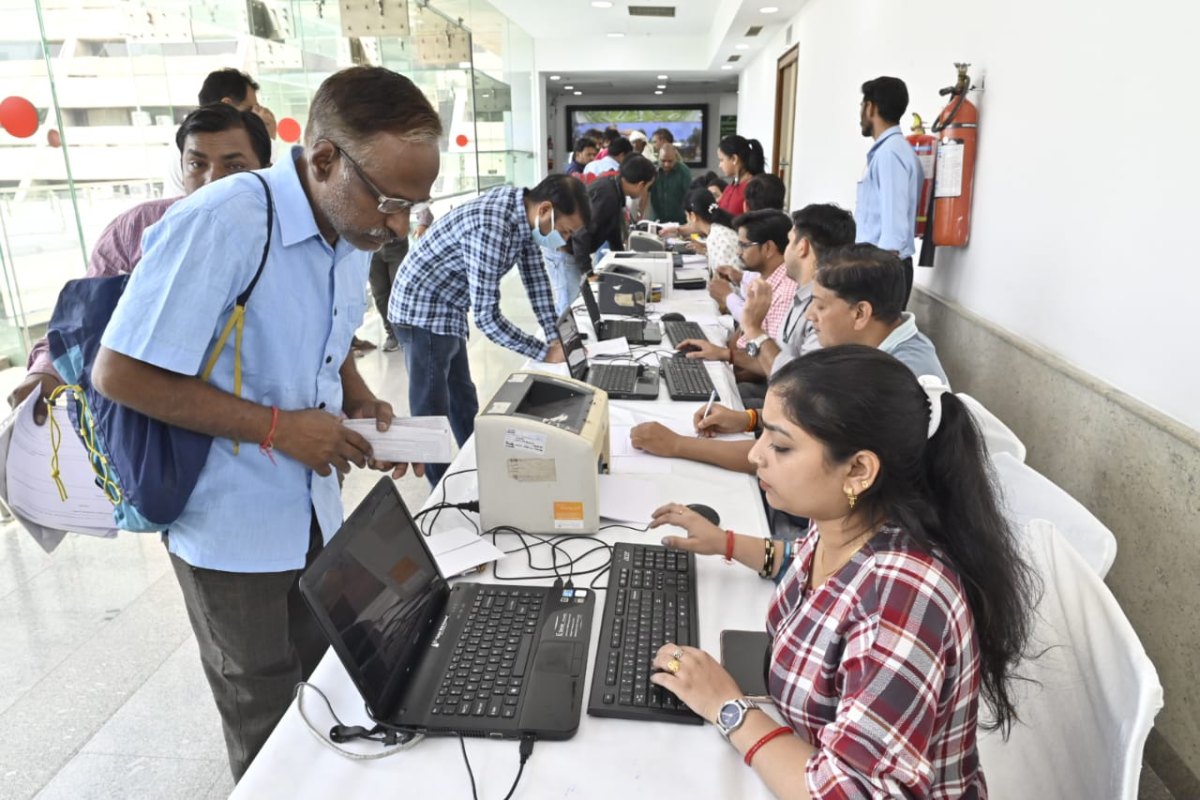The Union Government has issued Comprehensive Guidelines for Handling Public Grievances in line with Prime Minister Narendra Modi’s directions for making grievance redressal time-bound, accessible and meaningful.
The Guidelines for Effective Redressal of Public Grievances seek to empower citizens, streamline process, bring greater clarity and focus to redressal of public grievances, the Ministry of Personnel, Public Grievances & Pensions said on Monday.
Advertisement
The timelines for effective grievance redressal have been reduced from 30 to 21 days. In cases where grievance redressal is likely to take longer, citizens shall be given an interim reply.
The key highlights of the Comprehensive Guidelines for Handling Public Grievances include an integrated user-friendly grievance filing platform with CPGRAMS www.pgportal.gov.in being the common open platform on which grievances can be registered by citizens which will operate as a single window experience.
There will be appointment of Nodal Officers for Public Grievances in all Ministries/Departments who will address grievances promptly, fairly and efficiently. Ministries/ Departments with high grievance loads will have dedicated Nodal Officers.
The Role of the Nodal Officer will be effective categorisation, monitoring pendency, examining feedback for process and policy improvements, undertaking root cause analysis, collation of monthly data sets and supervisory oversight of the Grievance Redressal Officers of the Ministry/Department.
Dedicated Grievance Cells shall be set-up in every Ministry/Department with sufficient resources having knowledge of schemes and activities.
An escalation process has been envisaged with the appointment of appellate officers and sub-nodal appellate officers in Ministries/Departments.
The Redressal of Grievances shall be undertaken in a whole of government approach and action taken report shall be filed by the grievance redressal officers on CPGRAMS.
The feedback on disposed grievances shall be sent to the citizen by SMS and email. On every disposed grievance, feedback shall be collected through the feedback call centre and if the citizen is not satisfied, he can file an appeal to the next senior authority.
The Government will undertake an analysis of the feedback from citizens using the AI powered analytical tools – the tree dashboard and the intelligent grievance monitoring dashboard.
A grievance redressal assessment index for ranking Ministries/Departments shall be issued on a monthly basis.
Training and Capacity building of grievance officers on CPGRAMS shall be conducted through 36 Administrative Training Institutes of States/UT’s under the SEVOTTAM scheme, the Personnel Ministry said.
Ministries/Departments are encouraged to periodically review grievance redressal in Senior Officers Meetings and ensure adequate communication and awareness of the grievance redressal systems amongst all stakeholders.
The 2024 Policy Guidelines reiterate the Government’s commitment for Effective Grievance Redressal and manifest the technology improvements undertaken with the 10-step reform process adopted.
The CPGRAMS portal has redressed nearly 60 lakh Public Grievances in period 2022-2024 and has mapped 1.01 lakh Grievance Redressal officers of Ministries/Departments and States/Union Territories. The Grievance Redressal timelines under the 2022 policy guidelines were 30 days, which have been brought down to 21 days.
